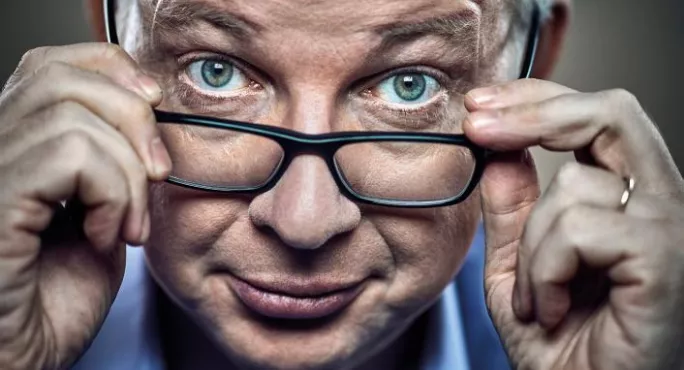Michael Gove has dismissed calls from one of the most prominent supporters of his flagship free schools policy to ditch one of its central aims.
Toby Young was one of the earliest cheerleaders of the programme, and went on to lead the government-backed free schools charity, the New Schools Network (NSN).
However, last month he argued that one of its original objectives - introducing choice and innovation into the state school system - should be dropped.
Quick read: Toby Young resigns from New Schools Network
Opinion: ‘Against the odds, free schools are a success’
Long read: The unanswered questions about a free school scandal
Mr Young, who founded the West London Free School in Hammersmith, told an event held by the right-of-centre Policy Exchange thinktank that evidence now showed that what works is “an English version of the urban, no-excuses [American] charter schools model”.
He added: “Now that we know, now that we have accumulated the evidence, let’s forget about choice. Let’s forget about innovation. We know what works. Let’s just try to roll out at scale what we know works.”
Now, Mr Gove, who introduced the free schools programme as education secretary, has spoken out against Mr Young’s comments.
Speaking at an event marking the NSN’s 10th anniversary, he told Tes: “I think we absolutely need innovation and diversity.
“I think it’s perfectly legitimate for Toby and others who have founded a particular form of instructional pedagogy which has worked for them and their schools to be evangelists for it. That’s a good thing.
“But the whole point of the free schools programme was to encourage innovation and there are different schools that have succeeded in different ways, and a school like School 21 would take a slightly different approach from the one that Toby has championed, and there is no doubt that that’s an incredibly impressive learning environment.”
He suggested the only way to find out how to improve is by repeatedly trying different approaches, and that for that to take place “we need to have a degree of diversity and choice and pluralism”.
A number of free schools have closed or been put in special measures since the first wave opened in 2011.
Asked whether such failures were an inevitable counterpart of choice and diversity, Mr Gove said: “No. The really striking thing I have noticed is that when you have local authority schools that have been underperforming for years, there hasn’t been quite the same focus and attention as there has been on those isolated examples - very isolated examples - of free schools not living up to all expectations.”
He added that “free schools are the best-performing cohort of schools in the state sector, but there are so many other ‘good’ and ‘outstanding’ schools of all kinds and we should celebrate that and seek to learn from all of them”.




